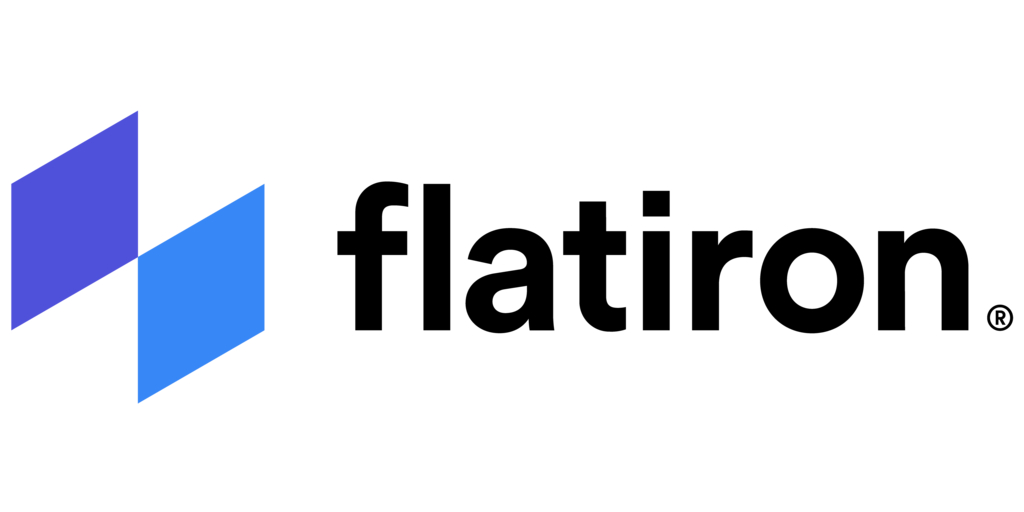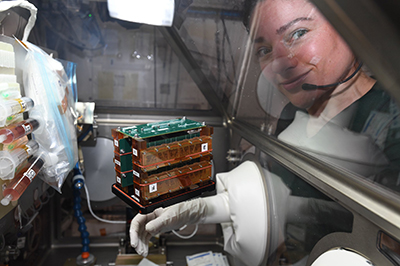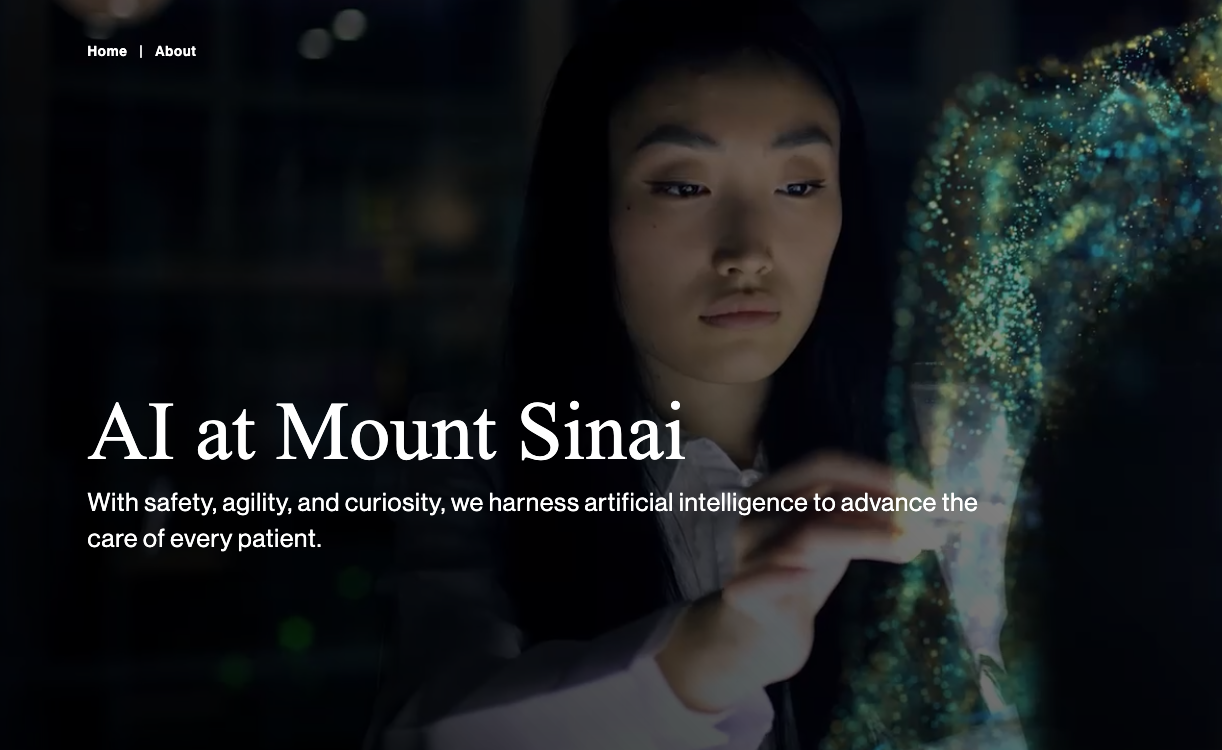What you should know:
–iron health, A leading health technology company dedicated to improving cancer care and advancing research using real-world data, today announced the launch of six new panoramic hematology data sets, representing another critical moment of scientific innovation that fundamentally redefines the company’s real-world evidence offerings in blood cancers.
– Flatiron’s panoramic data unlocks the company’s entire patient network, leveraging innovative artificial intelligence and large language model capabilities along with its extensive database to extract and validate clinical data at an unprecedented scale.
Flatiron Health Expands Hematology Research Capabilities Through AI-Powered Real-World Data Sets
Flatiron Health, an independent subsidiary of the Roche Group, is advancing real-world oncology research with the launch of its new panoramic hematology data sets, covering more than 505,000 patient records across five subtypes of B-cell lymphoma and multiple myeloma. The data sets are part of a broader repository of more than five million cancer patient records, representing 1.5 billion data points that reflect real-world clinical practice in diverse care settings. Together, they aim to transform the way hematologic malignancies are studied, understood and treated by enabling data-driven insights that reflect patients’ real-world experiences.
Developed under Flatiron’s validated data quality framework, the landscape data sets mark a six-fold increase in cohort size compared to the company’s previous hematology collections. They capture extensive longitudinal details, including testing for measurable residual disease (MRD) and utilization of CAR-T therapy, two key indicators of contemporary hematology practice. This depth of clinical information allows researchers to examine modern treatment patterns, adherence, and outcomes more accurately, supporting the development of personalized therapeutic strategies and more inclusive trial designs.
CEO Nathan Hubbard described the data sets as the culmination of Flatiron’s decade-long effort to build a global oncology evidence infrastructure. He noted that combining the company’s proven artificial intelligence and machine learning capabilities with scientific rigor enables more precise and individualized care for patients with blood cancers. The new data sets also improve interoperability, enabling simplified analyzes of related lymphoma types and longitudinal tracking of disease transformation over time.
Flatiron’s hematology program supports detailed investigations in complex subgroups, such as high-grade B-cell lymphomas with MYC, BCL2, and BCL6 rearrangements or multiple myeloma cases with high-risk cytogenetics. The data also facilitate the evaluation of effectiveness, molecular response and adverse events in the real world, dimensions that complement the evidence from traditional clinical trials. By providing integrated information on inpatient and outpatient care, oral and infusion regimens, and cellular therapies, the data sets create a panoramic view of the previously fragmented patient journey.
With more than 250 publications and 275 upcoming research presentations at global conferences in 2025, Flatiron continues to shape the evidence standards for digital oncology. Its participation in ISPOR Europe and ASH 2025 underscores a broader goal: to responsibly apply artificial intelligence and real-world evidence to expand scientific access to rare disease populations, close persistent data gaps, and accelerate the next generation of innovation in hematology.



